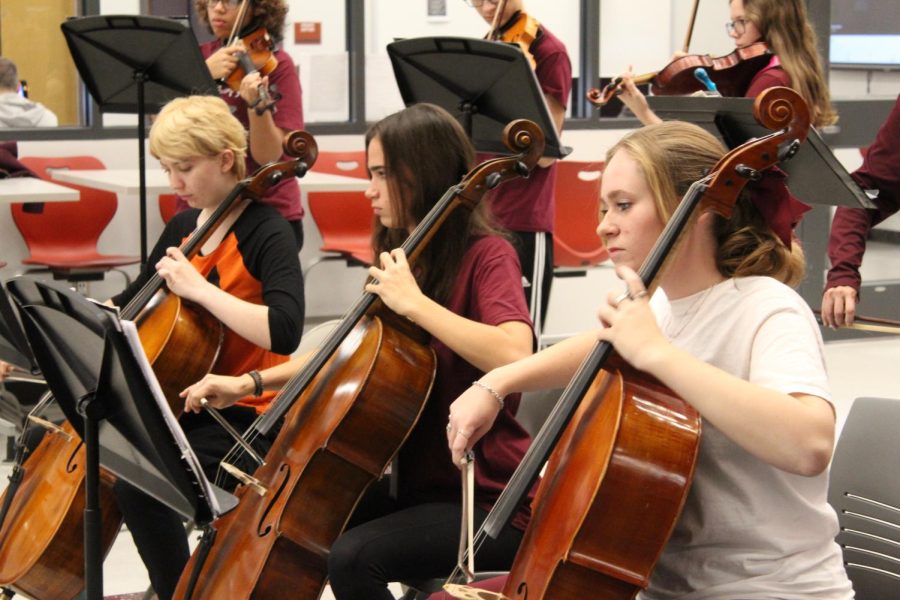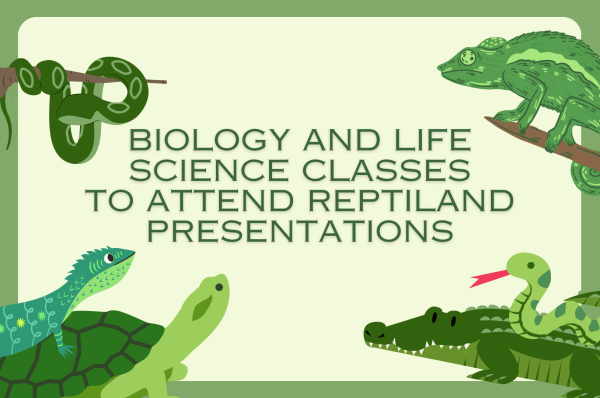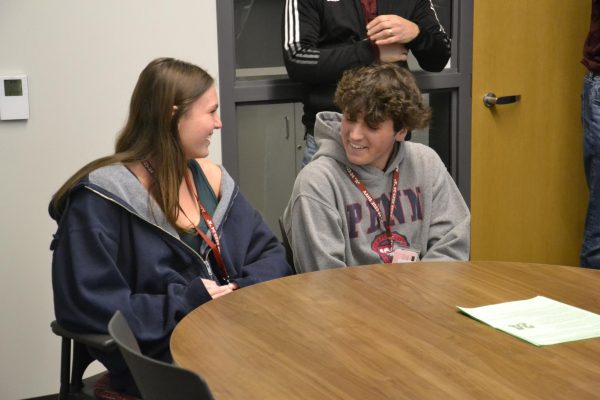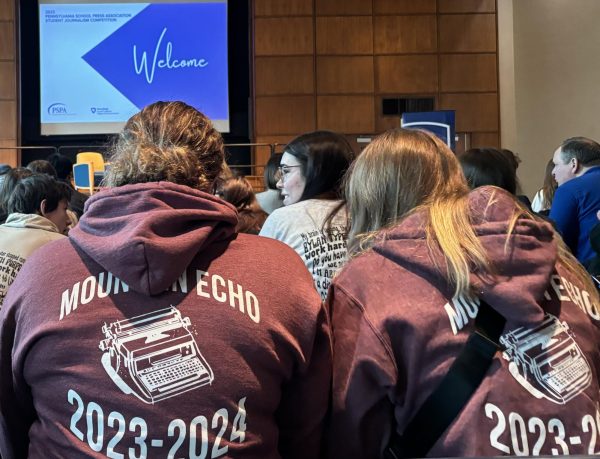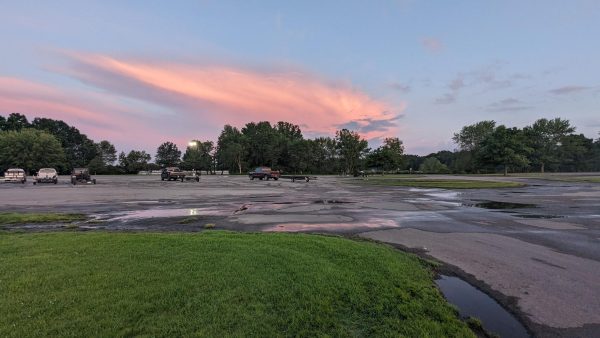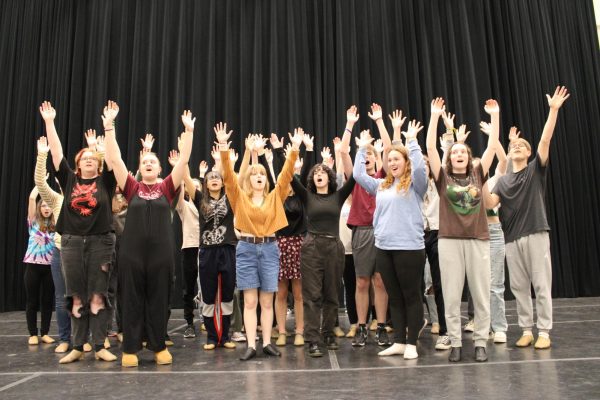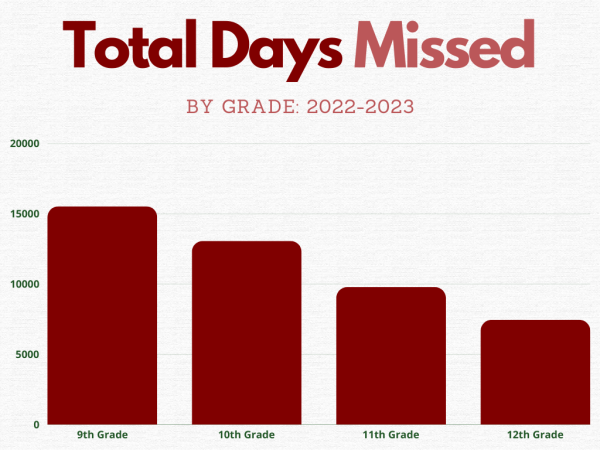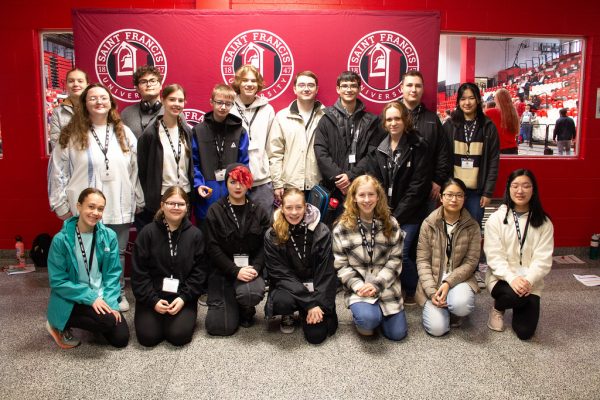Ten students to compete in PJAS competition
Practice Makes Perfect. Andrea Slusser not only is a part of PJAS but also the orchestra and string ensemble.
Feb. 18, 10 students will be competing in the Pennsylvania Junior Academy of Science (PJAS) regionals competition. The competition will take place at Saint Francis University.
PJAS is a state organization for secondary students intended to attract interest in science and mathematics among its members through research projects and investigations.
“The club meets throughout the months before the competition to pick a topic, form a procedure, complete the experiment and create a presentation in preparation for the competition,” sophomore Andrea Slusser said.
Competitors create 10 minute presentations showcasing their experiment and research for the competition.
“I am presenting a project on the pressurization of how the bow affects volume on the cello. I chose this project because I’ve been playing cello for seven years, and it has always been a large interest for me. I wished to better understand the science and relationship between the cello and bow to produce its sound,” Slusser said.
The competitors are students from Altoona, Cambria, Somerset, Center and Bedford counties.
“The project requires a lot of work to form but is very rewarding to accomplish. We also form closer bonds with the other members in our group and have great experiences while researching our interests,” Slusser said.
PJAS’ goal is to develop an understanding of the scientific community through association with leaders in the sciences.
“At the competition, we will be expected to present our projects in front of judges and receive scores based upon our experimental procedure and public speaking skills. I prepare myself to present by practicing with my club and receiving helpful suggestions,” Slusser said.
PJSA aims to inspire its members true scientific attitudes and humanistic ideals that shall lead to the greater development of service to man.
“If we do well at the competition, we will advance to the next PJAS competition, states and present to a different group of judges. They will then place us, and we will receive our final scores,” Slusser said.
To compete, students conduct a scientific research project in one of the 12 Scientific Categories of Research identified by PJAS,then orally present that research to a team of judges at one of the Regional Competitions.
“I got everything I needed for my presentation and my project worked well. My project is on the relationship between the tension of a string and the frequency that it produces,” junior Connor Matosziuk said.
All participating students must have an adult sponsor. Adult sponsors can be teachers, parents or scientists. The sponsors guide students through the scientific process and paperwork required to participate in the competition.
“I thought it would be interesting and would look good on a college application. It’s a club about exploring potential careers in many science fields,” Matosziuk said.
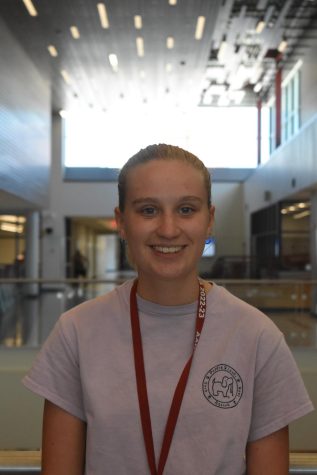
Hi, my name is Maddie Cowfer. I am a senior, and I write for the Mountain Echo. I first started writing my freshmen year for Livewire. One of my favorite...


